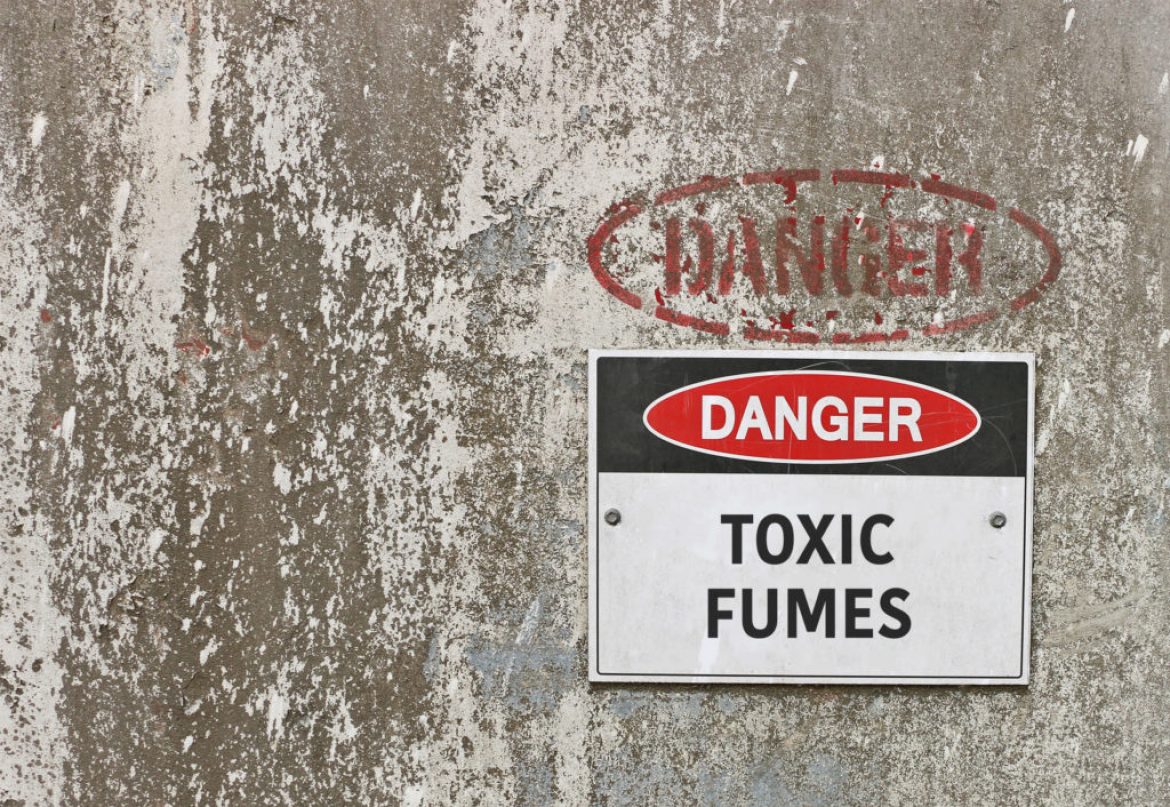What if I Am Exposed to Hazardous Materials at My Job?

For some workers, handling hazardous materials is a regular part of the job. Agricultural workers, hairdressers, mechanics, lab employees, construction workers and nail technicians all regularly come into contact with dangerous chemicals, solvents or other hazards. Even office workers can be exposed at work through broken toner cartridges or toxic cleaning materials.
So what happens if you get sick from a workplace exposure?
How hazardous materials can affect workers
For some employees, the effects of an exposure might be acute, or immediate: A chemical splashed into the eyes, for example, is an emergency. Other exposures are chronic—the regular inhalation of asbestos particles, for example, or skin contact with pesticides. In chronic cases, the worker might only experience health problems over time, like increased breathing difficulties, neurological problems or cancer.
The Occupational Safety and Health Administration requires chemical manufacturers and importers to label materials and include safety sheets. Employers then have to ensure workers are educated, have access to the safety sheets and protective materials, and understand potential risks.
For employees who work with chemicals, a lack of proper personal protective gear, like goggles or gloves, often leads to exposure. For others, it’s an issue with the working environment, like a lack of exhaust fans. It’s important to remember that chemicals can enter the body through:
- Breathing
- Skin or eye contact
- Swallowing (this doesn’t have to mean intentionally consuming a chemical; instead, it can happen when chemicals settle onto food and drink, onto beards, or touch the hands)
What to do after a workplace chemical exposure
Workers who are injured by hazardous materials may have two options for covering their medical expenses and missed time off work:
- Workers’ compensation
- A third-party personal injury suit
Workers’ compensation is a no-fault system. It does not matter if the employer or the employee was at fault. Instead, the injured worker must simply show that the injury occurred and that it occurred at work.
Still, insurers regularly deny workers’ compensation claims or try to downplay the severity of the injuries. That’s why it’s so important to receive immediate medical attention after an acute chemical exposure and notify your manager. Witnesses who saw the accident occur may also help bolster a case. If the exposure is chronic, linking the chemical use and resulting health problem may be more challenging. A workers’ compensation attorney can help.
While an employee may not sue the employer except in cases of gross negligence, the injured employee may be able to make a third-party personal injury claim. For example, if the worker handled chemicals that had been mislabeled by their manufacturer, the manufacturer could be held liable for the damage.
A Macon workers’ compensation and personal injury attorney can help determine the best steps to take with your unique situation.
Contact an Experienced Workers’ Compensation Attorney at Buzzell, Welsh & Hill
If you’ve been exposed to dangerous chemicals on the job, you may need help getting the care you need. At Buzzell, Welsh & Hill, our team has the experience and knowledge necessary to set you on the best course possible. Contact us today at (478) 217-2072 for a free case consultation.
